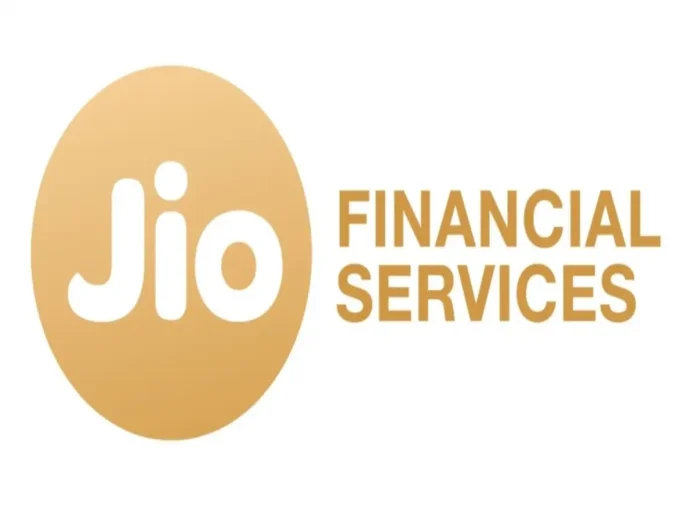India’s financial services sector has witnessed commendable developments in the years gone by; the ‘old school’ or established players, as well as the new entrants, have added wings to their operations. Jio Financial Services Limited (Jio Finance) is one of the more recent entries that is attracting a lot of market interest. A part of a humongous corporate group, the company is into, inter alia, financial services, lending, asset management, and insurance distribution. The listing of Jio Finance on the stock exchanges provides yet another avenue for investors interested in financial services companies.
Overview of Jio Finance Share Price Movement
Table of Contents
The movements of Jio Finance’s share price can be traced since its initial public listing, according to quarterly results and several new business initiatives. There remain market expectations around the future plans of the company. As a financial services company, this stock, to a large extent, has a significant bull and bear impact from trends in lending growth, broad changes in interest rates, and financial sector regulations.
Typically, price fluctuation occurs whenever announcement(s) regarding product extension, tie-up, and regulatory approvals are made. Monitoring these price movements is one of the pastimes for retail investors using financial news sources, mobile trading apps, and everyday stock charts.
Competitor Share Price Movements
India’s financial services sector has many listed companies in lending, non-banking financial services (NBFCs), and asset management.
Movements in share price for these companies are largely dependent on loan growth figures, asset quality, net interest margins, and regulatory issues. Just like the share price of Jio Finance, the prices of competitors also depend on the lending rate, quarterly earnings, management commentary, and policy changes related to financial services.
The performance of the companies with new entrants in business segments similar to theirs could be determined by comparing the Jio Finance share price with those of these companies.
Factors Affecting Share Price Dynamics
Several factors affect the share price dynamics of financial services companies, of which Jio Finance is one, and its competitors are others.
Financial Results: Share-deciding metrics from earnings reports to loan portfolio growth and net profits will move share prices. Any slippage in performance expectations will also elicit corresponding price movement.
Regulatory Announcements: Investor sentiments across the sector are affected by the Reserve Bank of India’s decisions to adjust interest rates, alterations in financial sector regulations, and government policy announcements.
Market Sentiment: Fluctuations in share prices in the short term are completely dependent on broad market trends, sectoral indices, and foreign institutional investors’ activities.
Updates Specific to Company: Expansion schemes, new products under development, and strategic alliances made by the firm all impact the prices of stocks as markets react to growth opportunities and business risks.
Importance of Trading Accounts for Investors
Investors must open a trading account with a registered stockbroker to operate actively in the stock market. A trading account allows the investor to place buy and sell orders against shares of Jio Finance, check the stock prices closely, and maintain an individual investment portfolio.
Many trading accounts are now being made possible through digital platforms, and thus, an investor can open their account online with their identity and bank details. Once these are active, one becomes privy to real-time stock market data, investment research reports, and technical analysis tools for monitoring companies such as Jio Finance and its competitors.
Conclusion
Financial services will always remain an important avenue within the capital market of India. The comparative analysis of Jio Finance’s share price versus that of competitors would give investors a better idea of market reaction and sector-specific trends.

